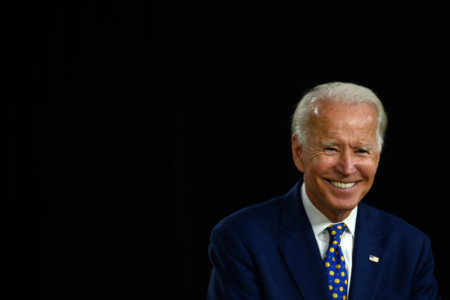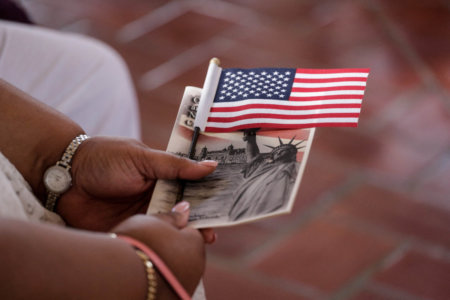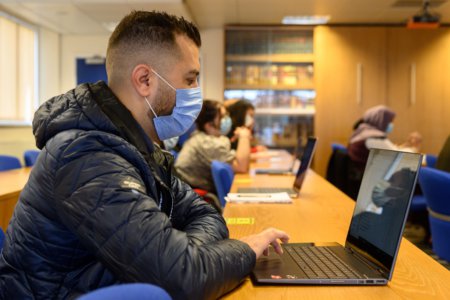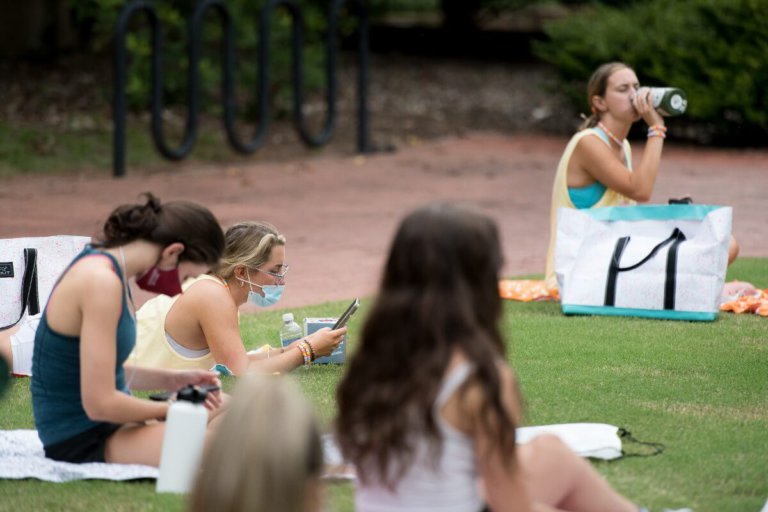
The number of international scholars in the US fell by 9.6% in 2020 due to COVID-19, according to an IIE Open Doors survey. The last decline was in the 2013-14 academic year at 0.1%. Despite that, the US still hosted over a million international students (1,075,496) for the fifth consecutive year during the 2019-20 academic year, according to the 2020 Open Doors Report on International Educational Exchange. These students contributed US$44 billion to the US economy in 2019.
“We found for the most part that fall 2019 happened as planned, and that international scholars were able to travel to the US. But starting in January 2020, travel restrictions, whether issued by the US or the scholars’ home countries, disabled scholars from traveling to the US and caused this decrease,” IIE’s head of Research, Evaluation and Learning Mirka Martel was quoted saying by The PIE News.
The number of international scholars in the US declined by 13,055 in the 2019-20 academic year, disrupting 20 years of steady growth. The last significant decline in international scholars occurred following Sept. 11, 2001 when the number of international scholars in the US fell 2% from 2000-01 to the 2001-02 academic year. Regions that were initially hardest hit by the virus, such as Asia and Europe, saw the sharpest decline at 9% and 13% respectively, said the report.
Many scholars chose to stay in the US even after travel restrictions were introduced. “We did find that certain scholars elected to go home, but particularly once the travel restrictions came up right around the March timeframe, a lot of scholars elected to stay in the US. Institutions really worked with these scholars to support them.”
Why are fewer international scholars choosing the US?
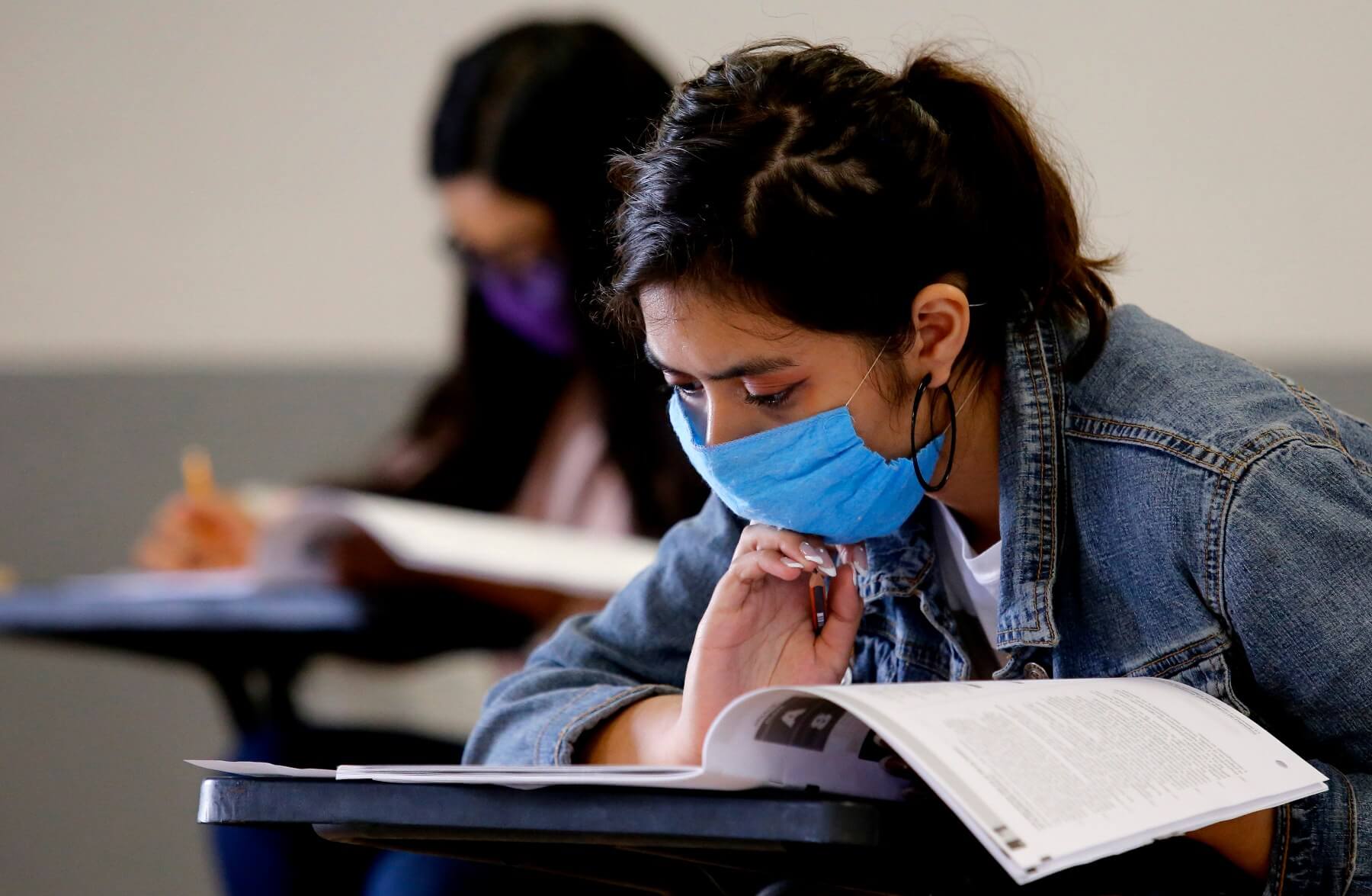
The US Department of Commerce said international students contributed 44 billion US dollars to the US economy in 2019. Source: Ulises Ruiz/AFP
IIE surveyed institutions on what factors they thought would have an impact on international scholars coming to the US last summer. At that point, most said possible factors would be policy guidelines around travel and visas; full or partial campus closures making research labs and libraries inaccessible; and future hiring and budgetary constraints.
Across institutions surveyed, 45% said that “freezing new scholar appointments or applications” and 36% said that “budget cuts or staff furloughs/layoffs that may affect international scholars” will be a factor in their ability to host international scholars in the future. Several institutions were experiencing a freeze in new scholar appointments and applications in spring 2020, with implications for the 2020-21 academic year.
“We heard from institutions that their plans for fall 2019/20 were largely met, but sometime in the spring semester of 2020, they froze or completely halted new scholar appointments and applications,” Martel said. “As a result, that pipeline will be disrupted.”
Don’t let your F-1 visa expire while waiting for OPT. @USCIS #StudyUShttps://t.co/FB2DtV64Kc
— Study International (@Study_INTNL) February 23, 2021
Could a Biden administration reverse the drop in international scholars?
The Trump administration was unwelcoming towards international students, but this could change under a Biden government. NAFSA Public Policy and Legislative Strategy senior director Rachel Banks said COVID-19 was not the only threat to international mobility in the US in past years. Fewer students were choosing the US even before COVID-19 struck.
“Numerous harmful federal policy changes adopted by the prior administration have caused severe damage to this country’s reputation as the premier destination for international students and scholars,” Banks was quoted saying. “But America is still a country that provides opportunities and attracts the brightest students and scholars from throughout the world.”
She opined that under a Biden administration, there is potential to return to or create new immigration and visa policies that welcome international students. Previously, Biden proposed easing the process for international students with advanced degrees in STEM fields to receive work visas and apply for permanent residency. On his first day in office, he revoked the Trump administration’s so-called Muslim ban and other discriminatory restrictions on travel and entry in favour of strengthening information-sharing relationships with foreign governments. The Biden administration has also expressed a commitment to modernising the nation’s immigration system to respond to economic needs and prevent the US from losing talent to other countries.
University of Maryland International Education associate vice provost David Di Maria said the Biden administration has prioritised reengagement with the international community and increased support for science. “These two elements, combined with more favourable immigration policies, will inevitably help to grow international collaborations among scholars,” he said.








